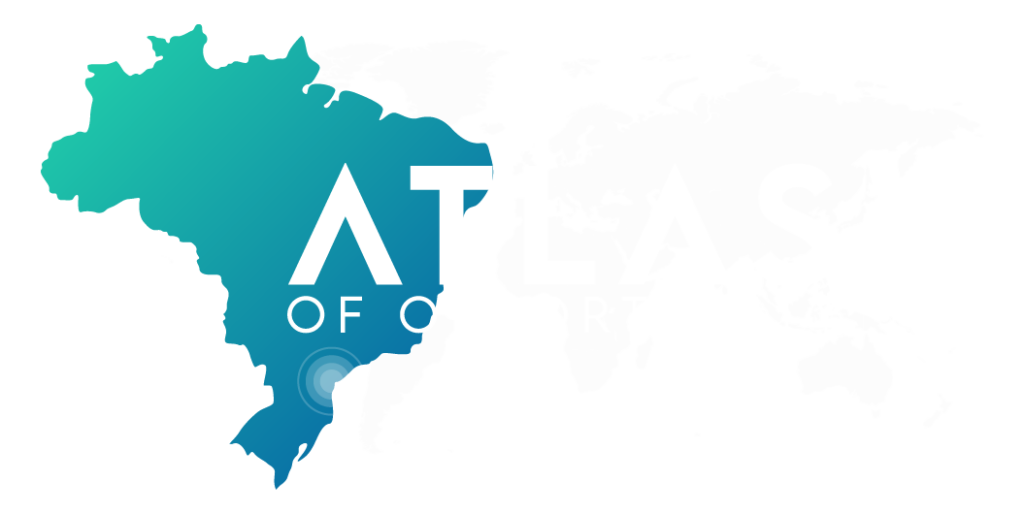DATA PROFILE
The Atlas of Opportunities integrates a wide range of data from different research sources, such as the IBGE, REGIC, and the Central Bank of Brazil. We analyze, process, and deliver quality information at various geographic levels, covering states, cities, and census blocks data. But we don’t stop there. To further facilitate your journey of discovery, we use the Urban Systems Smart Cities classification Citie as a basis. This classification allows us to organize the various variables available on our platform, providing an improved visualization and facilitating the query for data of your specific interest.
In an increasingly dynamic and competitive world, having up-to-date and accurate information is essential for making strategic decisions. Our platform offers a complete and engaging experience, allowing you to explore business opportunities based on your interests and needs. Join us and gain access to a universe of strategic data. Discover new possibilities, identify trends and drive your success.
PERFIL DE DADOS
O Atlas de Oportunidades integra uma vasta gama de dados provenientes de diversas fontes de pesquisa, como o IBGE, o REGIC, o Banco Central do Brasil, dentre outras. Analisamos, processamos e entregamos informações de qualidade em diferentes níveis geográficos, abrangendo estados, cidades e até mesmo dados censitários. Mas não paramos por aí. Para facilitar ainda mais a sua jornada de descoberta, utilizamos como base a classificação de Smart Cities do Urban Systems (2018). Essa classificação nos permite organizar as diversas variáveis disponíveis em nossa plataforma, proporcionando uma visualização aprimorada e facilitando a consulta por dados de seu interesse específico.
Em um mundo cada vez mais dinâmico e competitivo, contar com informações atualizadas e precisas é fundamental para tomar decisões estratégicas. Nossa plataforma oferece uma experiência completa e envolvente, permitindo que você explore oportunidades de negócios com base nos seus interesses e necessidades. Junte-se a nós e tenha acesso a um universo de dados estratégicos. Descubra novas possibilidades, identifique tendências e impulsione o seu sucesso.
DATA PROFILE
The Atlas of Opportunities integrates a wide range of data from different research sources, such as the IBGE, REGIC, and the Central Bank of Brazil. We analyze, process, and deliver quality information at various geographic levels, covering states, cities, and census blocks data. But we don’t stop there. To further facilitate your journey of discovery, we use the Urban Systems Smart Cities classification Citie as a basis. This classification allows us to organize the various variables available on our platform, providing an improved visualization and facilitating the query for data of your specific interest.
In an increasingly dynamic and competitive world, having up-to-date and accurate information is essential for making strategic decisions. Our platform offers a complete and engaging experience, allowing you to explore business opportunities based on your interests and needs. Join us and gain access to a universe of strategic data. Discover new possibilities, identify trends and drive your success.
DATA DIMENSIONS

DEMOGRAPHICS
The “demographic data” dimension refers to the collection, analysis, and interpretation of data related to population characteristics. This involves gathering information on various aspects of human populations, such as age, gender, ethnicity, education, income, and migration. Demographic data provides valuable insights into population dynamics, social patterns, and trends, essential for understanding and planning across various fields, including public policies, healthcare, and market research.

ECONOMY
The “economic data” dimension refers to the collection, analysis, and interpretation of data related to economic activities and indicators in a country or region. This involves gathering information on various aspects of the economy, including production, consumption, trade, employment, income, and financial transactions. Economic data provides valuable insights into the performance and trends of an economy, facilitates economic policy decisions, and assists in evaluating the well-being of individuals and businesses.
ECONOMY

The “economic data” dimension refers to the collection, analysis, and interpretation of data related to economic activities and indicators in a country or region. This involves gathering information on various aspects of the economy, including production, consumption, trade, employment, income, and financial transactions. Economic data provides valuable insights into the performance and trends of an economy, facilitates economic policy decisions, and assists in evaluating the well-being of individuals and businesses.

ENTREPRENEURSHIP
The “entrepreneurship data” dimension refers to the collection, analysis, and interpretation of data related to entrepreneurial activities and business performance. This involves gathering information on various aspects of entrepreneurship, including new business creation, growth and survival rates, innovation activities, and the impact of entrepreneurship on the economy. Entrepreneurship data provides valuable insights into the entrepreneurial environment, business dynamics, and factors that influence the success or failure of companies. They help identify business opportunities, assess challenges faced by entrepreneurs, understand entrepreneurial trends, and measure the economic impact generated by entrepreneurial activities.

URBANISM
The “urbanism data” dimension refers to the collection, analysis, and interpretation of data related to urban areas and the built environment. This involves gathering information on various aspects of cities and urban settlements, including their physical infrastructure, land use patterns, population density, transportation systems, and social and economic characteristics. Urbanism data provides valuable insights into urban development, planning, and city management. They help understand the dynamics of cities, evaluate urban quality of life, and inform decision-making processes related to urban design, transportation, housing, and public services.
URBANISM

The “urbanism data” dimension refers to the collection, analysis, and interpretation of data related to urban areas and the built environment. This involves gathering information on various aspects of cities and urban settlements, including their physical infrastructure, land use patterns, population density, transportation systems, and social and economic characteristics. Urbanism data provides valuable insights into urban development, planning, and city management. They help understand the dynamics of cities, evaluate urban quality of life, and inform decision-making processes related to urban design, transportation, housing, and public services.

TECHNOLOGY AND INNOVATION
The “technology and innovation data” dimension refers to the collection, analysis, and interpretation of data related to technological advancements, innovation activities, and the adoption of new technologies. This involves gathering information on various aspects of technology and innovation to understand the dynamics of technological progress, assess innovation performance, and drive economic growth and competitiveness. Technology and innovation data provide valuable insights into internet access, speed, and connectivity, as well as aspects related to incubators and digitalization of cities. They help identify emerging trends, measure innovation outcomes, and support the formulation of policies and business strategies to promote innovation-driven economies.

EDUCATION
The “education data” dimension refers to the collection, analysis, and interpretation of data related to the Brazilian education systems. This involves gathering information on various aspects of education to understand educational outcomes at different levels. Education data provide valuable information related to primary, secondary, and higher education in cities. This allows for measuring educational performance, tracking progress towards educational goals, and basing evidence-based decision-making in the field of education.
EDUCATION

The “education data” dimension refers to the collection, analysis, and interpretation of data related to the Brazilian education systems. This involves gathering information on various aspects of education to understand educational outcomes at different levels. Education data provide valuable information related to primary, secondary, and higher education in cities. This allows for measuring educational performance, tracking progress towards educational goals, and basing evidence-based decision-making in the field of education.

HEALTH
The “health data” dimension refers to the collection, analysis, and interpretation of data related to health and healthcare. This involves gathering information on various aspects of health, including the number of beds and doctors, diseases, healthcare utilization, health outcomes, and the performance of the healthcare system. Health data provide valuable insights into the health status of populations, the effectiveness of health interventions, and the identification of health trends and patterns.

MOBILITY
The “mobility data” dimension refers to the collection, analysis, and interpretation of data related to patterns of human mobility and transportation systems. This involves gathering information on how individuals move within and between geographic areas, and the various factors that influence mobility. Mobility data provide valuable insights into the vehicle fleet, other modes of transportation, airport access, and bicycle lanes. They help understand travel patterns, traffic congestion, transportation infrastructure needs, and the impact of mobility on various aspects of society, such as the environment and public health.
MOBILITY

The “mobility data” dimension refers to the collection, analysis, and interpretation of data related to patterns of human mobility and transportation systems. This involves gathering information on how individuals move within and between geographic areas, and the various factors that influence mobility. Mobility data provide valuable insights into the vehicle fleet, other modes of transportation, airport access, and bicycle lanes. They help understand travel patterns, traffic congestion, transportation infrastructure needs, and the impact of mobility on various aspects of society, such as the environment and public health.

SECURITY
The “security data” dimension refers to the collection, analysis, and interpretation of data related to population security. This involves gathering information on various aspects of security to understand and mitigate risks, protect assets, and ensure the safety and well-being of individuals, organizations, and society as a whole. Security data provide valuable insights into the number of homicides, traffic deaths, the number of police officers per capita, control centers, and operations. They help identify security strategies and inform decision-making to enhance security practices.

ENVIRONMENT
The “environmental data” dimension refers to the collection, analysis, and interpretation of data related to the natural environment and its components. This involves gathering information on various aspects of the environment, including air, water, soil, ecosystems, and biodiversity. Environmental data provide valuable insights into the state of the environment, such as water distribution networks, sewage treatment, waste collection, and recycling efforts. This data is essential for understanding the impacts of human activities on the environment, such as pollution, deforestation, ecosystem degradation, and climate change. They assist in identifying environmental issues, evaluating the effects of conservation policies and practices, and developing strategies for the protection and sustainable management of natural resources.
ENVIRONMENT

The “environmental data” dimension refers to the collection, analysis, and interpretation of data related to the natural environment and its components. This involves gathering information on various aspects of the environment, including air, water, soil, ecosystems, and biodiversity. Environmental data provide valuable insights into the state of the environment, such as water distribution networks, sewage treatment, waste collection, and recycling efforts. This data is essential for understanding the impacts of human activities on the environment, such as pollution, deforestation, ecosystem degradation, and climate change. They assist in identifying environmental issues, evaluating the effects of conservation policies and practices, and developing strategies for the protection and sustainable management of natural resources.

- CONTACT
- Federal University of Rio Grande do Sul (UFRGS) School of Management, Rua Washington Luis, 855 Porto Alegre/RS/Brazil, 90010-460
- www.ufrgs.br/gpmc
- gpmc-ea@ufrgs.br
© 2023 Atlas of Opportunities | All rights reserved.

